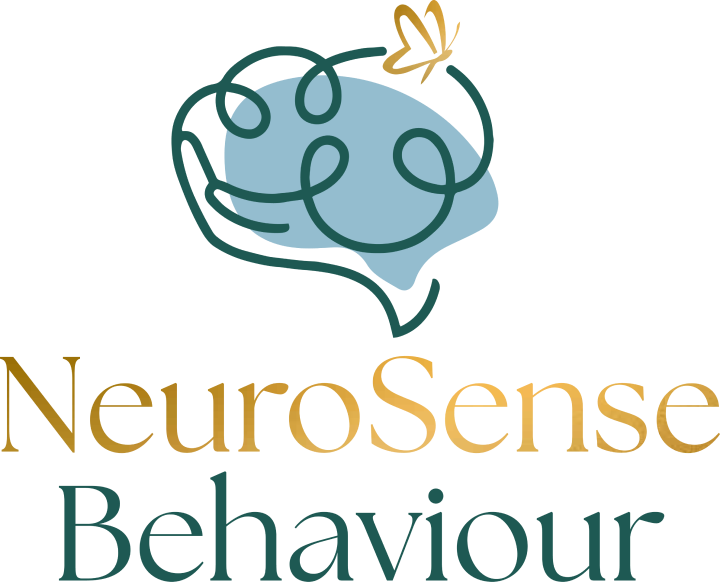When it comes to seeking mental health support for children, many parents are often confused between child counselors and child psychologists. Although both professionals play a crucial role in improving a child’s emotional well-being, their qualifications, roles, and approaches differ significantly. In this blog, we will provide an in-depth comparison to help you understand the differences, their specialties, and which one might be the right choice for your child.
Table of Contents
1. What Is a Child Counselor?
A child counselor is a mental health professional who helps children manage emotional and behavioral issues. Child counselors use talk therapy, play therapy, and behavioral techniques to support children struggling with anxiety, depression, trauma, grief, and other challenges.
Qualifications of a Child Counselor:
- Bachelor’s or Master’s degree in counseling, psychology, or social work.
- Licensed by a relevant board (depending on the country or state).
- Special training in child counseling techniques like play therapy, cognitive-behavioral therapy (CBT), and family counseling.
Services Offered by Child Counselors:
- Emotional regulation
- Coping with grief or trauma
- Social skills development
- Behavioral management
- Bullying prevention
Child counselors primarily focus on short-term therapy to help children manage everyday challenges and develop coping skills.
2. What Is a Child Psychologist?
A child psychologist is a licensed clinical psychologist specializing in diagnosing and treating mental health disorders in children. They use evidence-based practices to assess, diagnose, and treat a wide range of psychological conditions, including autism spectrum disorder (ASD), ADHD, anxiety disorders, and depression.
Qualifications of a Child Psychologist:
- Doctorate (PhD or PsyD) in Clinical Psychology or Child Psychology.
- Licensed to practice psychology after completing clinical training and exams.
- Specialized training in child development, psychological assessments, and therapeutic interventions.
Services Offered by Child Psychologists:
- Psychological assessments and diagnoses
- Cognitive-behavioral therapy (CBT)
- Psychoeducational assessments
- Behavioral therapy
- Family counseling
Child psychologists focus on long-term treatment plans for complex mental health issues that require a deeper understanding of a child’s psychological makeup.
10 Early Symptoms For Neurodiveristy
Neurodivergence refers to differences in how the brain processes information, emotions, and sensory stimuli. Early detection of neurodivergence, especially autism, enables tailored support for a
3. Key Differences Between Child Counselor and Child Psychologist
| Aspect | Child Counselor | Child Psychologist |
|---|---|---|
| Education | Bachelor’s or Master’s degree | Doctorate (PhD or PsyD) |
| Focus | Emotional and behavioral challenges | Diagnosis and treatment of mental disorders |
| Therapy Approach | Talk therapy, play therapy | Cognitive-behavioral therapy, psychoanalysis |
| Duration of Treatment | Short-term | Long-term |
| Can Diagnose Disorders? | No | Yes |
| Common Issues Treated | Anxiety, bullying, grief | Autism, ADHD, depression, anxiety disorders |
4. When to See a Child Counselor
A child counselor is the right choice if your child is experiencing mild to moderate emotional or behavioral challenges. Common scenarios where a child counselor can help include:
- Difficulty adjusting to new environments (like school changes).
- Social anxiety or lack of social skills.
- Coping with family changes (divorce, separation, or relocation).
- Managing grief or loss.
- Overcoming bullying or peer pressure.
Child counselors provide a safe space where children can express their thoughts and feelings, learn coping skills, and build emotional resilience.
5. When to See a Child Psychologist
A child psychologist is better suited for children dealing with severe or chronic mental health issues that require diagnosis and long-term treatment. You should seek a child psychologist if your child:
- Shows signs of autism spectrum disorder (ASD).
- Has ADHD or other learning disabilities.
- Struggles with severe anxiety, depression, or phobias.
- Exhibits self-harming behaviors.
- Has experienced trauma or abuse.
- Needs a psychological assessment for school accommodations.
Child psychologists provide a comprehensive approach to understanding the root causes of a child’s behavior and developing personalized treatment plans.
6. Choosing the Right Professional for Your Child
Choosing between a child counselor and a child psychologist depends on your child’s needs. Here’s a simple guideline to help you decide:
| Situation | Recommended Professional |
|---|---|
| Mild emotional or behavioral challenges | Child Counselor |
| Difficulty coping with family changes | Child Counselor |
| Severe anxiety or depression | Child Psychologist |
| Suspected learning disabilities or developmental delays | Child Psychologist |
| Need for a psychological diagnosis | Child Psychologist |
| Short-term support | Child Counselor |
| Long-term treatment | Child Psychologist |
It’s essential to consult with your pediatrician or school counselor before making a decision, as they can guide you toward the best mental health professional for your child’s specific needs.
FAQs About Child Counselors and Child Psychologists
Can a child counselor diagnose mental health disorders?
No, child counselors are not licensed to diagnose mental health disorders. Only a licensed child psychologist or psychiatrist can provide a formal diagnosis.
How do I know if my child needs a counselor or a psychologist?
If your child needs emotional support for everyday issues, a counselor is a good choice. If your child has severe mental health issues or requires a diagnosis, consult a child psychologist.
How often should my child see a counselor or psychologist?
The frequency of visits depends on your child’s needs. Counselors usually offer weekly sessions, while psychologists may recommend biweekly or monthly sessions based on the treatment plan
About NeuroSense Behaviour
As a parent, understanding your child’s sensory experiences can be key to helping them thrive. Sensory issues, such as being overly sensitive to lights, sounds, or textures, can impact a child’s behavior, focus, and emotional well-being. Recognizing these signs early is crucial for providing the right support.
At NeuroSenseBehaviour, we specialize in identifying and addressing sensory issues through personalized therapies tailored to each child’s needs. Our expert team is here to guide you and provide the tools necessary for your child’s development and comfort. If you suspect your child may be struggling with sensory sensitivities, don’t wait—contact us today to Free schedule a consultation. Together, we can unlock your child’s full potential and help them navigate the world more confidently.
Reach out to NeuroSenseBehaviour now for the support your child deserves!

Mawissh Shamim Clinical Psychologist
Mawissh Shamim is a dedicated UK licensed clinical psychologist committed to supporting neurodivergent individuals. She holds a Master’s degree in Clinical Psychology from the University of Karachi, where she developed a strong foundation in psychological theories and practices. To further enhance her expertise, Mawissh pursued advanced certifications, including becoming an International Behavioural Analyst (IBA) accredited by the International Behavioural Organisation.
